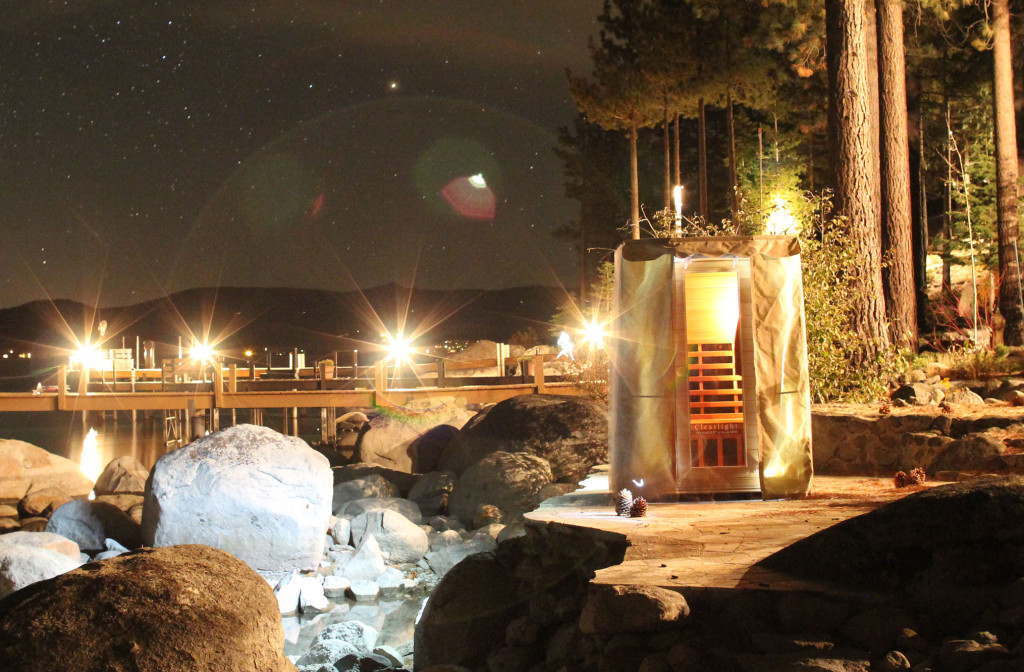When you are sitting next to a fire are you feeling infrared heat or hot air?

Is the Heat from a Fire Caused by Infrared Radiation or Heated Air?
Short answer: It’s mostly infrared radiation—and yes, that’s what makes your skin feel warm from across the room.
🔥 Why Does a Fire Feel Hot from a Distance?
When you’re sitting near a fireplace or wood stove and your skin starts to feel hot—even from several feet away—you’re experiencing infrared (IR) radiation, also known as radiant heat.
Even if the surrounding air isn’t that warm, you’ll feel heat on your skin. But turn around, and the warmth disappears. That’s not because the air cooled down—but because infrared radiation travels in straight lines and doesn’t wrap around you like air would. It’s heat in the form of light energy, not hot air.
🌡️ The Three Types of Heat Transfer
To understand this better, let’s look at how heat moves:
|
Type of Heat |
Description |
Example |
|---|---|---|
|
Conduction |
Heat transfer through direct contact |
Touching a hot stove |
|
Convection |
Heat carried by moving air or liquid |
Warm air rising from a fire |
|
Radiation |
Heat transferred via electromagnetic waves (mostly IR) |
Sun |
In your fireplace example:
Convection warms the air above the fire.
Radiation sends heat in all directions—that’s what hits your skin from across the room.
🌈 What Is Infrared Radiation?
Infrared light is a part of the electromagnetic spectrum—just like visible light, UV rays, and X-rays. But unlike visible light, we can’t see infrared… we only feel it as warmth.
Fires emit a wide range of light:
Some visible light (orange, yellow flames)
A lot of infrared light (heat you feel)
A small amount of ultraviolet light (not usually harmful in fireplaces)
Your skin absorbs the infrared radiation, causing molecules in your body to vibrate faster. This is what raises your skin temperature and makes you feel warm.
🔬 Infrared vs. Ultraviolet Radiation
Infrared (IR) | Ultraviolet (UV) | |
|---|---|---|
Wavelength | Long | Short |
Effect on body | Feels warm immediately | No heat sensation, causes sunburn later |
Common sources | Fire, sauna, sun | Sun, tanning beds |
Used for | Heating, saunas, therapy | Sterilization, tanning |
So no—an infrared sauna or fireplace will not cause tanning or skin damage like UV. The heat you feel is safe, gentle, and completely different from UV exposure.
🔥 Fires Emit Infrared and Visible Light
When you’re near a fire, the heat that warms your clothes, face, and body is mostly infrared radiation. That’s why you can feel it even if the air temperature hasn’t risen significantly.
Fun fact: Even the sun’s warmth is mostly infrared. That’s why infrared sauna heat feels natural—it mimics this safe, penetrating warmth.
❓ What About Heat from LED Lights?
LED lights emit visible light but not thermal radiation. They do produce some heat, but it’s mainly from the electronics behind the diode, not from the light itself. That’s why standing in front of a bright LED doesn’t make you feel warm the way fire does.
✅ Final Takeaway
If you’re facing a fire and feel your skin warming up, that’s not hot air—it’s infrared light.
Turn around, and the warmth vanishes because the infrared can’t reach your skin anymore. This is the same principle used in infrared saunas—radiant heat that deeply warms your body without needing to heat the air.
Infrared is efficient, natural, and incredibly effective. It’s how the universe warms you—and now you know why.



